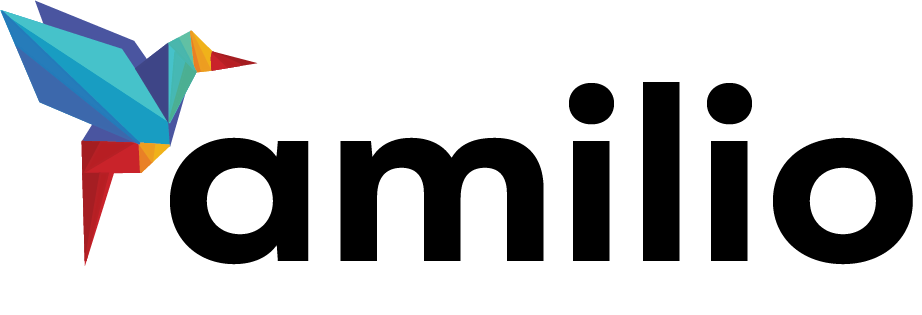Article
European Accessibility Act (EAA) and Digital Accessibility in Belgium
With the increasing digitalization of our society, it is essential that everyone has access to the online world, including people with disabilities. To ensure this, the European Union adopted the European Accessibility Act (EAA), a law that aims to improve the accessibility of products and services across Europe.
18 October 2024 • 2 min read
Related
Read me
With the increasing digitalization of our society, it is essential that everyone has access to the online world, including people with disabilities. To ensure this, the European Union has adopted the European Accessibility Act (EAA), a law that aims to improve the accessibility of products and services across Europe. This law is particularly important for businesses in Belgium because it requires them to make their digital services accessible according to specific guidelines, such as the Web Content Accessibility Guidelines (WCAG). In this article, we look at how the EAA is being transposed into Belgian law and what implications this has for digital accessibility.
What is the European Accessibility Act?
The European Accessibility Act (EAA), adopted in 2019, is a European directive that focuses on the accessibility of a wide range of products and services, such as computers, smartphones, ATMs, card sales systems, e-books, and digital services such as websites and mobile applications. The goal of the EAA is to ensure that these products and services are usable by everyone, including persons with disabilities, in order to promote their full participation in social life.
Belgium, like all other EU member states, must transpose the provisions of the EAA into national legislation and ensure compliance. This means that Belgian companies and organizations must adapt their digital platforms to the accessibility requirements set by the EAA.
How will the EAA be applied in Belgian law?
As of June 28, 2025, Belgian companies with more than 10 employees in sectors such as e-commerce, financial services, telecommunications, public transport and energy must comply with the obligations of the European Accessibility Act (EAA). This means that their digital services must be accessible according to WCAG 2.1, level AA guidelines. Companies that fail to comply risk sanctions and enforcement action. By meeting these requirements in a timely manner, companies can not only be legally compliant, but also reach a wider audience.
Application to digital services in Belgium
The EAA requires the following digital services to be made accessible according to WCAG standards:
All public websites, and certain commercial websites such as online stores and financial services, must comply with WCAG 2.1, level AA. This means that text must be accessible to screen readers, colors must have adequate contrast, and users must be able to operate websites without using a mouse.
Like Web sites, mobile apps must meet accessibility standards. This includes features such as voice support, enlarged text options and other adaptations for users with disabilities.
These sectors are specifically named in the EAA and will be subject to stricter accessibility requirements. Banks must ensure that their online banking platforms are fully accessible so that users with disabilities can access their services without barriers.
Monitoring and enforcement
In Belgium, compliance with the EAA will be monitored at the national level. The Belgian government will set up an oversight mechanism to ensure that companies and governments comply with accessibility standards. Companies that fail to comply may face penalties ranging from warnings to fines.
Another important step in enforcement is to encourage accessibility statements on websites, in which organizations must publicly state the extent to which their website or app complies with WCAG guidelines. This provides transparency and encourages companies to make improvements.
The future of digital accessibility in Belgium
The introduction of the European Accessibility Act and the application of the WCAG guidelines in Belgium marks an important step forward for digital accessibility. Companies and governments will have to adapt their online services to meet the new standards, ultimately leading to a more inclusive digital society.
For organizations, this also presents opportunities: making websites and apps accessible can increase their target audience and improve the user experience, leading to higher customer satisfaction and more conversions.
Conclusion
The European Accessibility Act is crucial legislation that promotes digital accessibility across Europe and Belgium. By adapting websites and apps according to WCAG guidelines, companies and governments ensure that their services are usable by diverse audiences, including people with disabilities. Implementing the EAA in Belgium requires a coordinated effort from both the public and private sectors to achieve a more inclusive digital future.
Companies that respond early can not only comply with the law, but also gain a strong competitive advantage in a society where digital accessibility is increasingly important.
Tags
To find the solution that is best suited for your needs


